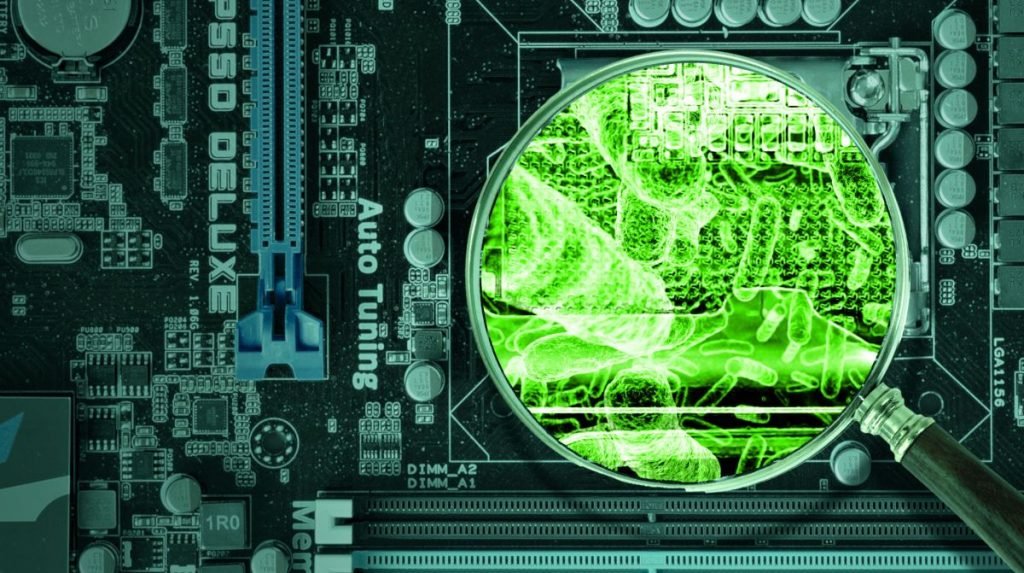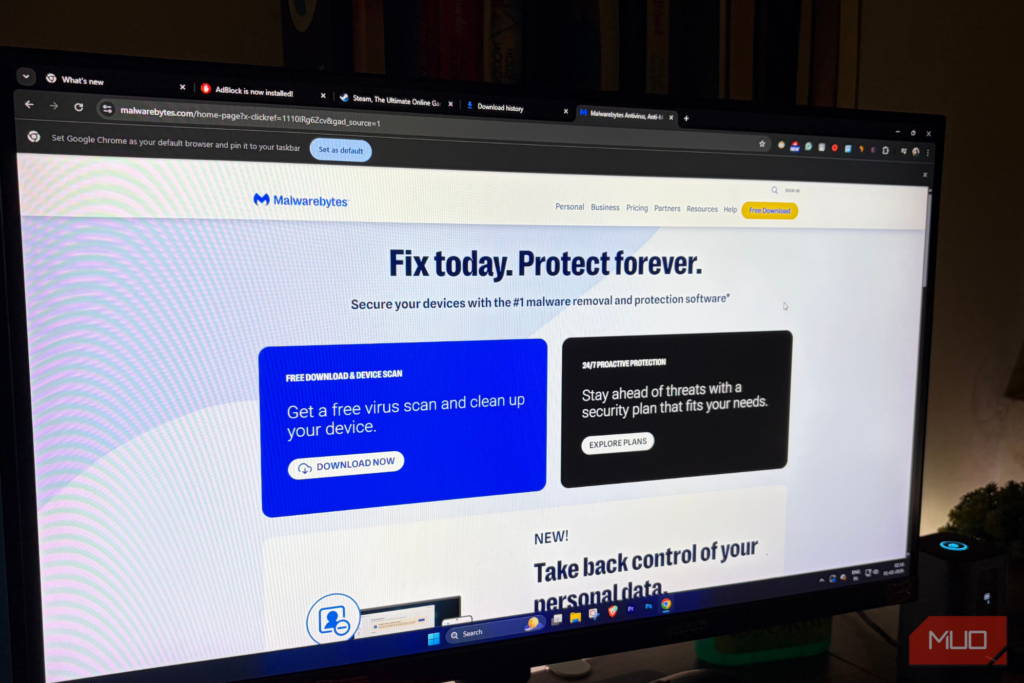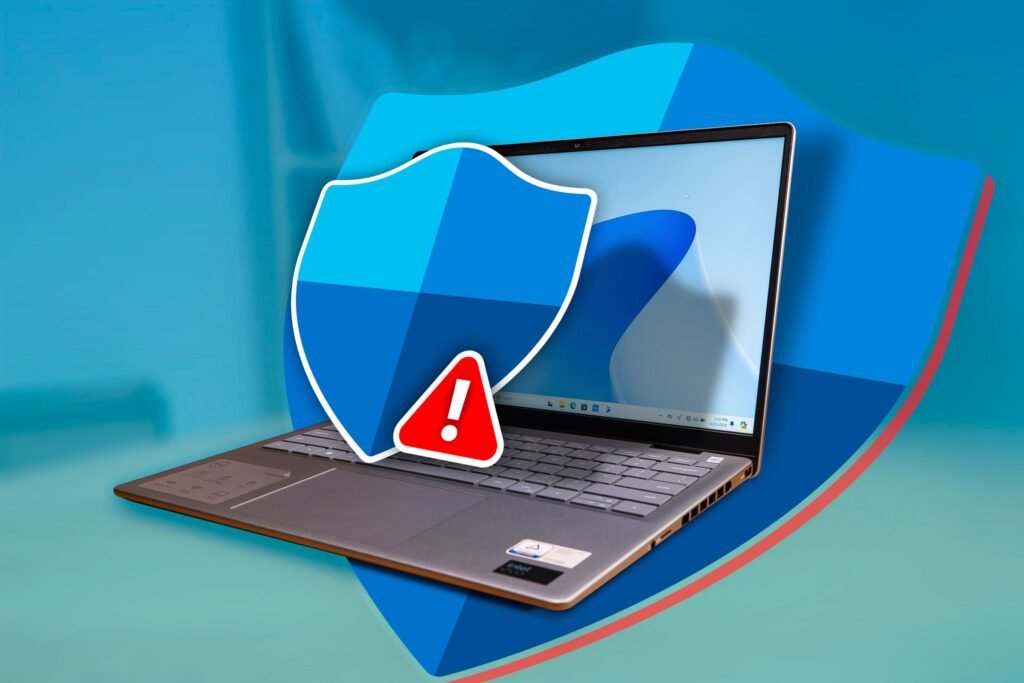Here is what you need to know about free antivirus software

If you are using Windows 10, you will almost certainly already have a free antivirus courtesy of Microsoft. So why would you need to pay for one when you already have a security solution present? Well, here are some genuinely good reasons why you should opt for a paid antivirus application.
No-go for businesses?
In general, antivirus companies do not allow the use of free antivirus in a business, allowing only a strict personal, non-commercial home usage. Why? Some would argue that it’s because there is no reason to kill a lucrative market. However, what most companies need to ensure a solid level of protection goes past the ‘mere antivirus’ tool.
Layered defense technologies built on top of antivirus engines are a minimum of protection for businesses, and anti-malware vendors would rather not promote their basic technologies as a silver bullet for a company’s cybersecurity challenges.
Make sure you read the EULA (End User License Agreement) before completing the installation of any antivirus product, or your company might be in breach of the terms and conditions of use.
You simply get far more by paying
The old adage “you get what you pay for” is true for free software and antivirus in particular. Free antivirus provides just that – free protection against viruses and malware, and nothing more. They often use the same core engine as paid-for solutions, but are stripped of any additional but still important features.
P
Be the first to write a comment.





